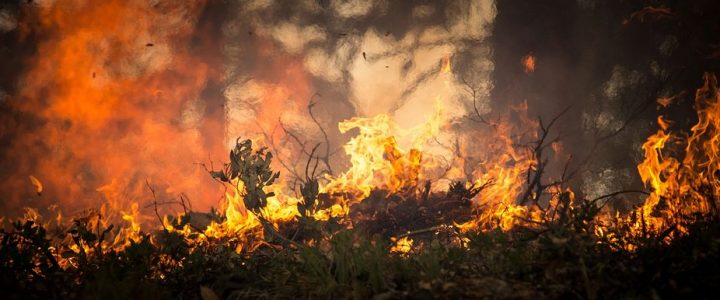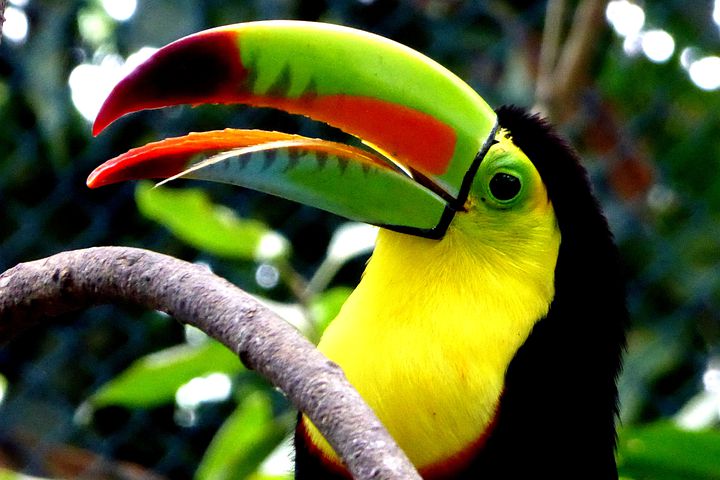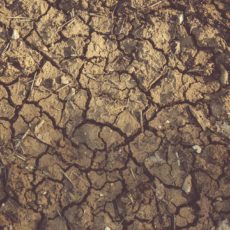
Plant and animal biodiversity is one of the main factors that makes ecosystems function and beneficial for humans. It is defined as “biological diversity in an environment as indicated by numbers of different species of plants and animals.” The larger the variety of flora and fauna in an area means the more biodiverse it is. Biodiversity varies based on the biome and ecosystem, with tropical rainforests being the most diverse and tundra being the least. The biodiversity of an ecosystem helps hold it together and maintain its natural balance. Humans are the largest threat to biodiversity on the planet. We disrupt the natural processes of ecosystems and impact natural habitats by both directly altering them and accidently impacting them through things like air pollution and waste disposal. If the balance, or biodiversity, is changed an ecosystem can fall out of alignment and start to fail. This not only damages the ecosystem, but also negates the many benefits that humans get from ecosystem biodiversity.
Ecosystem Biodiversity Services

The services provided by biodiversity are broken down into three categories. The first category is called ecosystem services. These are things that directly benefit the local ecosystem, like increasing soil fertility, recovery/resilience to disasters, and natural water filtration. They help maintain the natural functionality of the ecosystem. The second category of services is biological resources. This includes things that humans take from ecosystems, like food, medicine, and wood. They are extremely important because 40% of the world’s economy comes directly from natural resources. Biodiversity directly affects the productivity of a region, allowing an ecosystem to be more productive. This provides humans the ability to effectively and sustainably harvest resources. The last category of services are social benefits. Social benefits come in all forms, but a few include research opportunities, tourism, and recreation. Ecotourism provides income for many regions around the world, like in Australia where it topped $1.1 billion in revenue during 2016.
Amazon and Indonesian Fires

As humans we naturally try to expand, produce more, and generate more income. This often comes at the expense of biodiversity. This is currently an issue in the rainforests of Indonesia and the Amazon. The fires in both regions have largely been started illegally by small landowners and corporations in an attempt to clear land for farming. In Indonesia this is mostly for palm plantations in the production of palm oil. In the amazon there is a much wider variety of crops being grown. In the Amazon there were over 76,000 fires burning, affecting 1.8 million hectares of rainforest in early September, which is an 80% increase over the same period last year. The dramatic increase in fires is largely attributed to increased farming and a drought in the region. The fires in Indonesia ecompass 330,000 hectares of land and are causing smoke to blanket the region. This has caused poor air quality in the area with untold amounts of health problems and expense for local residents.
Effects of Fires on Biodiversity
Using fires for deforestation is extremely destructive and has a dramatic effect on the biodiversity of an area. Fires burn everything in their path, killing any animals that can’t escape and all flora. In regions like Indonesia and the Amazon, which are two of the most biodiverse areas of the world, this means completely destroying their biodiversity. In addition, there are many species that are endemic to very small areas. Extinction for these species is almost guaranteed when their habitats are burned. As biodiversity is reduced in these areas they lose natural nutrient cycling that maintains soil fertility. This eventually forces local farmers to use fertilizers and other chemical compounds to increase their crop production. These chemicals can leak into water and be carried by wind damaging the surrounding ecosystems and further reducing biodiversity.
Biodiversity is the basis for the world’s ecosystems that all plants and animals, including humans, rely on. Activities like burning rainforests have to stop if we want to maintain the natural areas we still have. Finding alternative farming strategies and educating people about the importance of biodiversity are crucial if we hope to reduce these activities. As individuals it is our responsibility to educate our peers and purchase environmentally responsible goods to help spread the message around the world.




